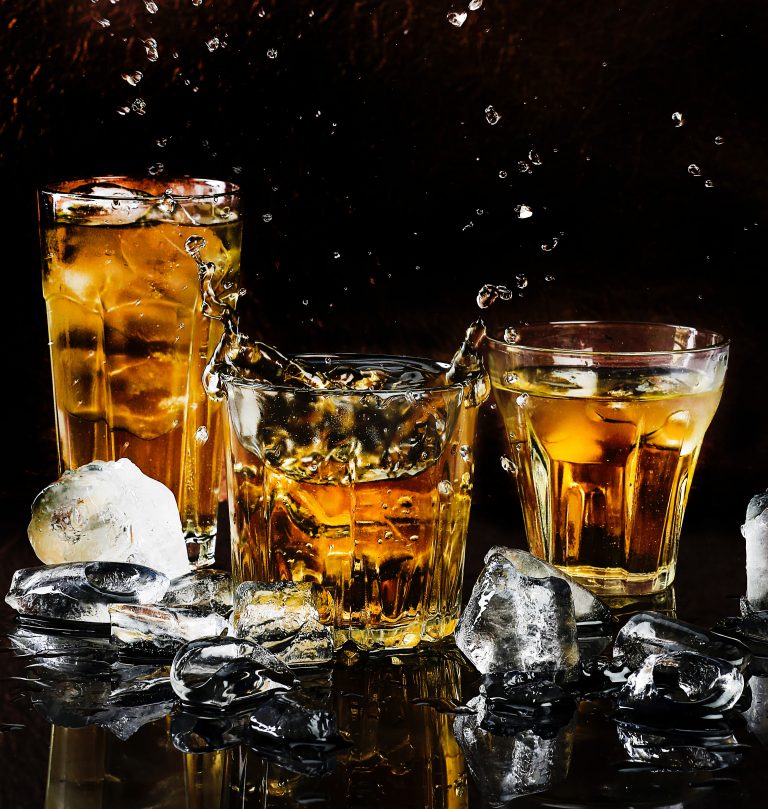In the USA, drug use and abuse is on the rise across all demographics. In 2014, it was reported that heroin users had tripled since 2003, and the number of drug overdose deaths involving opioids had quadrupled since 1999.
Alcohol abuse rates are also climbing. Between 2002 and 2013, high-risk drinking (more than three drinks per day for women, or more than four drinks per day for men) rose by nearly 30% overall.
What is going on? Why is it that so many people across the country are abusing drugs and alcohol in the first place? Let’s take a look at some of the most common triggers for drug and alcohol abuse.
Numbing Negative Emotions
Nobody likes to feel unpleasant emotions, like sadness, anxiety, stress, or grief. Some lucky people have healthy mechanisms and tools for dealing with these feelings and know how to confront them head-on.
Others turn to external sources, like drugs or alcohol, in an attempt to numb them. While the substance can help the person to feel better in the moment, it does nothing to deal with the emotions, so they never really go away.
Combating Loneliness
Loneliness has reached epidemic levels. Only 53% of adults in the US have meaningful in-person interactions with other people on a daily basis, according to a recent study by Cigna. Generation Z, those between 18-22 for the purposes of this study, reported feeling loneliest of all.
Loneliness is yet another unpleasant feeling that causes many people to turn to drugs or alcohol in an attempt to combat it. Because drug abuse or addiction can cause people to withdraw from meaningful relationships, it’s easy for loneliness to create a vicious cycle.
Genetic Predisposition to Addiction
Multiple studies have confirmed that addiction is 50% due to a genetic predisposition.
When addiction runs in a person’s family, they become up to eight times more likely to develop a substance addiction themselves. These people need to be really careful with casual use of drugs and alcohol to make sure they don’t develop a dependency.
If you are worried about your abuse of drugs or alcohol, or that of a loved one, don’t be afraid to seek help as soon as possible. Help exists to learn to deal with your emotional triggers as well as to recover from an addiction if you believe your use of alcohol or drugs has begun to spiral out of control.

